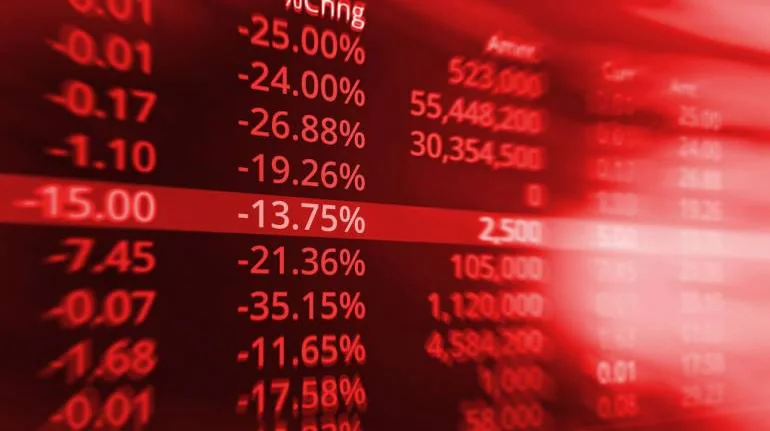Stock Market Valuation Indicators
Determining whether the stock market is overvalued involves assessing various factors related to stock prices, company valuations, economic indicators, and market sentiment. Here are several indicators and methods commonly used to gauge whether the stock market is overvalued:
- Price-to-Earnings (P/E) Ratio: The P/E ratio compares a company’s stock price to its earnings per share (EPS). A high P/E ratio may suggest that investors are paying more for each dollar of earnings, indicating overvaluation. Comparing current P/E ratios to historical averages or industry benchmarks can provide insights into whether stocks are overvalued.
- Price-to-Book (P/B) Ratio: The P/B ratio compares a company’s stock price to its book value per share. A P/B ratio significantly higher than historical norms or industry averages may indicate overvaluation.
- Price-to-Sales (P/S) Ratio: Similar to the P/E ratio, the P/S ratio compares a company’s stock price to its revenue per share. A high P/S ratio relative to historical levels or industry peers could signal overvaluation.
- Market Capitalization-to-Gross Domestic Product (Market Cap/GDP) Ratio: This ratio compares the total market capitalization of all publicly traded companies to the country’s gross domestic product (GDP). Warren Buffett has referred to this ratio as “the best single measure of where valuations stand at any given moment.” A ratio significantly above historical averages may indicate overvaluation.
- Dividend Yield: The dividend yield compares a company’s annual dividend per share to its stock price. A low dividend yield relative to historical levels or the broader market may suggest that stocks are overvalued.
- Cyclically Adjusted Price-to-Earnings (CAPE) Ratio: The CAPE ratio, also known as the Shiller P/E ratio, adjusts the traditional P/E ratio for inflation and cyclicality by using the average of the past ten years of earnings. A CAPE ratio significantly above its historical average may signal overvaluation.
- Market Sentiment Indicators: Sentiment indicators, such as the Investor Sentiment Index or the Put/Call Ratio, provide insights into investor sentiment and market psychology. Extreme levels of optimism or bullishness among investors may indicate that stocks are overvalued and due for a correction.
- Economic Indicators: Economic indicators, such as unemployment rates, inflation rates, and GDP growth, can influence stock market valuations. A disconnect between economic fundamentals and stock prices may suggest overvaluation.
- Central Bank Policies: Monetary policies, including interest rate decisions and quantitative easing measures, can impact asset prices, including stocks. Excessive liquidity in the financial system may inflate stock prices and lead to overvaluation.
- Technical Analysis: Technical indicators, such as moving averages, relative strength index (RSI), and Fibonacci retracements, can help identify overbought conditions in the market, which may precede a market correction.
It’s essential to consider multiple indicators and factors when assessing whether the stock market is overvalued, as no single metric can provide a comprehensive picture. Additionally, market conditions and valuations can change rapidly, so regular monitoring and analysis are crucial for investors. Consulting with financial professionals or conducting thorough research can also help investors make informed decisions in uncertain market environments.

STA Research (StockTargetAdvisor.com) is a independent Investment Research company that specializes in stock forecasting and analysis with integrated AI, based on our platform stocktargetadvisor.com, EST 2007.



































